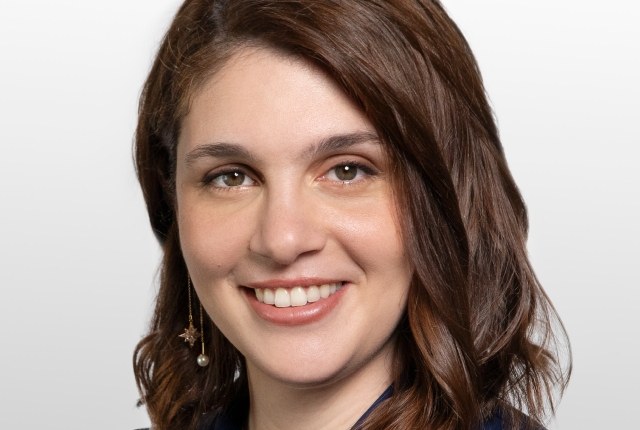Federica Fabbri, researcher at the Department of Physics and Astronomy 'Augusto Righi' at the University of Bologna and an associate of the National Institute for Nuclear Physics (INFN), is one of the winners of the Young Talents Italia - L'Oréal Italia UNESCO for Women and Science Award.
The prize, now in its 22nd year, has selected the six most deserving young female researchers from 260 applications received, offering them concrete support to pursue their research and study project in Italy. The Minister for University and Research, Anna Maria Bernini, and Minister for Family, Natality and Equal Opportunities, Eugenia Maria Roccella, also addressed the award ceremony via a video message.
The judging panel was made up of eminent Italian university professors and scientific experts and was chaired by Professor Lucia Votano, Affiliate Research Manager at the National Institute of Nuclear Physics.
Federica Fabbri is a physicist specialising in the study of subnuclear phenomena. She applies concepts from quantum information theory to the study of elementary particles produced at very high energies in particle accelerators.
Her project - 'Exploring quantum observables at the LHC' - aims to find a new direction to answer questions left open by the Standard Model of Elementary Particles, such as the nature of dark matter or the reason why matter has prevailed over antimatter. The idea behind the project is to apply concepts from quantum information theory to investigate the interactions between fundamental particles produced in large particle accelerators.
"With this project”, she explained, "I aim to develop innovative strategies and techniques for measuring variables inspired by quantum information theory by analysing the heaviest known fundamental particles: the top quark and the Higgs boson. I will also explore the potential of these new measurements to answer the still-unanswered questions about the nature of our universe".


